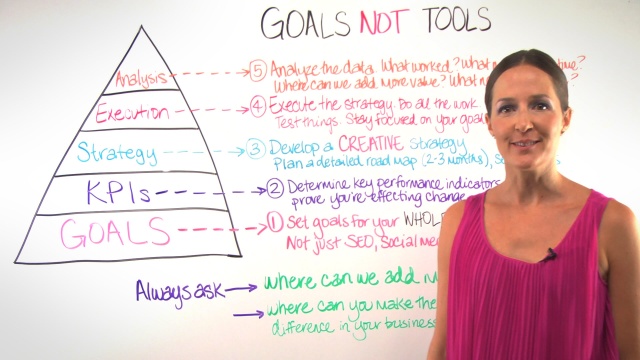Mish's Global Economic Trend Analysis |
| Bank Robbers and Middle-Class Tax Hikes Posted: 27 Sep 2013 11:57 AM PDT When asked why he robbed banks, William "Willie" Sutton allegedly replied "because that's where the money is." The story, however, is false. Although he stole an estimated $2 million over his forty-year career, Horton denied ever saying that. A journalist made it up. His life was quite interesting though, including a stint of commercials for MasterCard, after his parole in 1969. For further reading, please see some amusing Willie Sutton commentary on Snopes. For the connection between bank robbery and middle class tax hikes, please consider Congress Dawdles on America's Unsustainable Path by Bloomberg writer Caroline Baum. Economist Herbert Stein once said, "If something cannot go on forever, it will stop." We're still waiting. As Congress debates yet another short-term continuing resolution to avert a federal government shutdown down on Oct. 1, a grand bargain isn't even on the agenda. The debate that relates to the budget is over the automatic spending cuts to discretionary programs implemented in March. Spending on everything except health-care programs, Social Security and interest on the debt is on track shrink to 7 percent of GDP -- the smallest share since the late 1930s -- from a 40-year average of 11 percent, Elmendorf said. The number of people eligible for Social Security will rise by a third in the next 10 years.The Third Rail The problem is Republicans refuse to cut defense spending, and Democrats refuse to cut entitlements. Little else matters except scrapping entire programs and neither Democrats nor Republicans seem willing. Touching social security is considered to be the "third rail" by both parties. In case you do not understand the term, the "third rail" on Chicago's elevated "L" line (and no doubt other electric lines) is the hot one. Touch it and you will be electrocuted. Republicans had a wonderful chance right before the last presidential election to hold Obama to his pledge to make "tough choices". Instead, they wasted the opportunity with absurd bluffs on shutting down the government. The only reason we see trivial reductions in increases (not actual cuts), is because of sequestration. Even then, Republicans objected to miniscule cutbacks in the rate of increases in military spending. Congress vs. Willie Horton This brings us back to the beginning. What can't go on won't, but "we're still waiting". Yet, I see no reason to believe Republicans will give in on defense cuts and no reason to believe Democrats will cut entitlements. So, if the setup is truly unsustainable, what's it going to be? The answer is middle class tax hikes, because "that's where the money is". Willie Sutton was honest in his denial. Don't expect the same from Congress or state legislatures, especially Democratic strongholds like California and Illinois. Mike "Mish" Shedlock http://globaleconomicanalysis.blogspot.com |
| Posted: 27 Sep 2013 11:28 AM PDT In the biggest nannycrat proposal ever, the IMF announced it's vision for the United States of Europe (without using that name to describe the proposal). Via translation from El Pais, please consider IMF suggests common unemployment benefits for the eurozone. The IMF proposes more discipline, more fiscal integration, and the creation of a common unemployment benefit and risk sharing scheme to help the club of countries that have experienced damage in this crisis currency. The True Vision - A United State of Europe That is the most comprehensive vision for the United States of Europe we have seen yet. And I propose an immediate up-or-down vote, right now, in all of the 17 member countries. I am quite sure the unemployed in Greece, Spain, Portugal, and Italy will be 100% in favor of a common unemployment scheme, especially if Germany would foot the bill. And France would always vote for more taxes as a matter of course, the bigger the tax hikes the better. Common work rules would have to be along the lines of the French work rules of course. And who could possibly be against common pension schemes at the expense of Germany and the Northern European countries? The more I think about this the more perfect the proposal is. It is complete with every nuance the nannycrats want. So let's not delay. We need an up-or-down vote right now, not by the governments of each country, but rather by the citizens of each county who can decide if they like all of the proposed benefits and taxes necessary to make the United States of Europe work. Mike "Mish" Shedlock http://globaleconomicanalysis.blogspot.com |
| You are subscribed to email updates from Mish's Global Economic Trend Analysis To stop receiving these emails, you may unsubscribe now. | Email delivery powered by Google |
| Google Inc., 20 West Kinzie, Chicago IL USA 60610 | |




